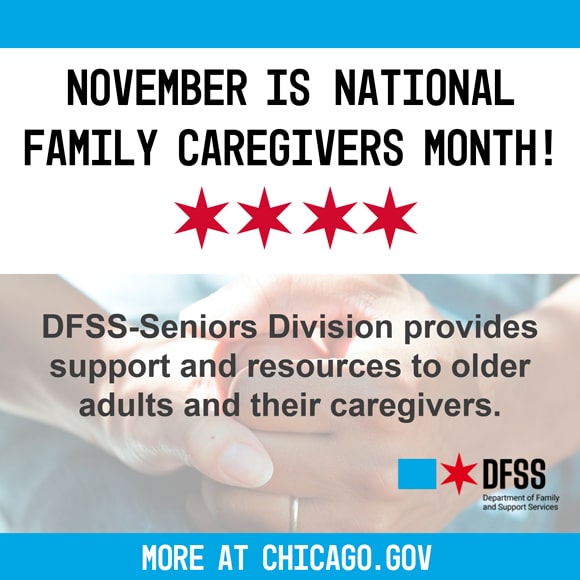Concern for what’s best for mother and baby could birth new legislation
More women are choosing to have the baby at home, rather than bringing it home. According to the most recent data from the National Center for Health Statistics, home births increased by 5 percent from 2004–2005 in the United States.
“People have very deep personal reasons [for having a home birth]. Some are spiritual, some are philosophical, some are medical,” says Rachel Dolan Wickersham, president of the Coalition for Illinois Midwifery and a certified professional midwife.
But, there are rules. In 23 states, including Illinois, while it’s legal to have a home birth, it is illegal to hire anyone who is not a certified nurse midwife (CNM) including certified professional midwifes (CPM). The former requires education and training in both nursing and midwifery. The latter only requires midwifery training but is in much greater supply. There are only two CNMs south of the I-88 corridor, says Wickersham, which is not enough to serve the women who give birth at home in Illinois—1,393 in 2005.
The Coalition tried last January but failed to pass the Home Birth Safety Act to make it legal for CPMs to attend home births. The bill was written up with other controversial topics such as the death penalty and medical marijuana.
“It’s not so much that we are trying to forward the interest of CPMs as much as we’re trying to make sure that the families are attended by those who have met a certain standard,” says Wickersham, who has been working on this cause for over ten years. “This is about making it safe for families and babies.”
According to a study by Childbirth Connection, a nonprofit organization for women, births attended by midwives result in lower intervention rates for low-risk women, higher patient satisfaction and lower infant mortality rates. Home births are also less expensive, Wickersham says.
But, the American Congress of Obstetricians and Gynecologists issued an opinion in January saying that it “does not support planned home births, given the published medical data.” Dr. Wayne Polek, an anesthesiologist in Geneva, Ill., and president of the Illinois State Medical Society (ISMS), said that, while the ISMS doesn’t oppose home birth, it believes that physicians and CNMs are the most qualified people to deliver newborns. So for ISMS it’s not as much concern over where the birth is happening, rather who is administering the care.
The Coalition is proposing the Home Birth Integration Act, a bill that would allow direct-entry midwives to transport women to hospitals in cases of complications without fear of legal consequences.
Wickersham sat down with the ISMS earlier this year to try to work out the issue. “I tend to have faith,” she says, “that when all the facts are on the table and understood, that they’ll see reason and remove or reduce their objections and see that licensing CPMs is better than not.” [email_link]












